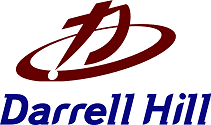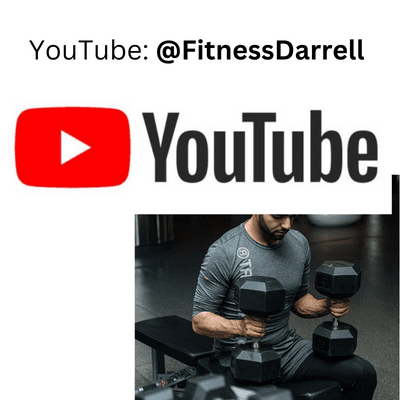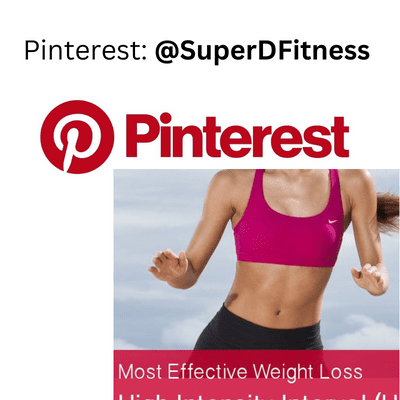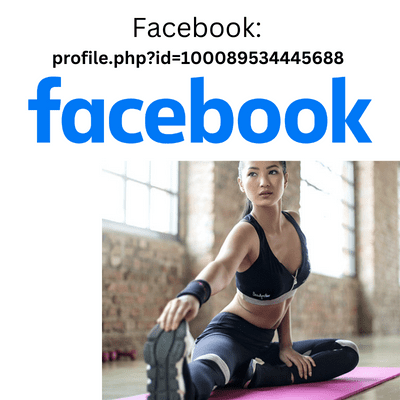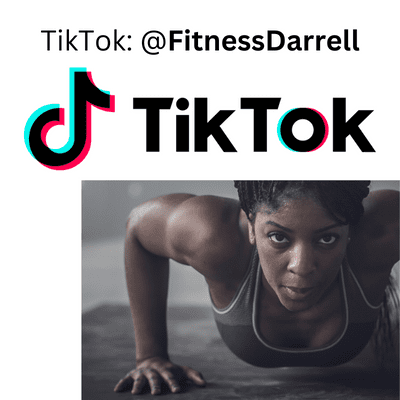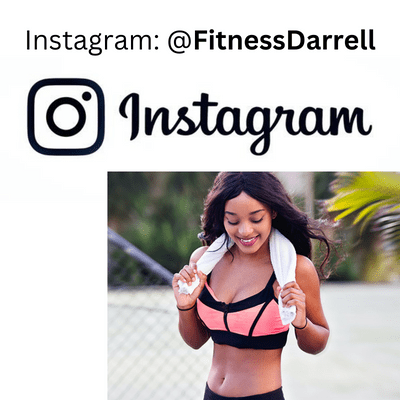
Starting a New Fitness Program
Starting a new fitness program can be an exciting and empowering step towards improving your health and well-being. However, it can also be overwhelming and intimidating, especially if you’re not sure where to begin. Below, we’ll dive a little deeper in to some key considerations and strategies for starting a new fitness program.
As a fitness enthusiast, I know firsthand the importance of setting goals and starting a new fitness program. Starting a new fitness program can be intimidating, but it’s important to remember the benefits of a regular exercise routine. A fitness program can positively impact all aspects of your life, from increased energy to improved mental health. In this article, I’ll share tips for overcoming common excuses for not exercising, beginner fitness tips, and creating a workout plan that works for you.
Importance of Setting Fitness Goals
Setting realistic and achievable fitness goals is one of the most essential steps in starting a new fitness program. Whether your goal is to lose weight, build muscle, or improve your overall health, having a clear plan will help you stay motivated and focused.
When setting your fitness goals, making them specific, measurable, and time-bound is essential. For example, instead of setting a goal to “lose weight,” set a plan to “lose 10 pounds in 8 weeks.” This goal is specific, measurable, and time-bound, making tracking progress and staying motivated easier.
Check out this article to learn much more detail about how to set goals related to fitness.
Benefits of Starting a New Fitness Program
Starting a new fitness program comes with a variety of benefits. Regular exercise can positively impact all aspects of your life, from increased energy and improved mental health to decreased risk of chronic disease.
In addition to the physical benefits, starting a new fitness program can improve self-confidence and self-esteem. When you set and achieve fitness goals, you prove to yourself that you can achieve anything you want.
Overcoming Common Excuses for Not Exercising
We’ve all been there – you have a long day at work, and the last thing you want to do is go to the gym. However, it’s important to overcome these common excuses for not exercising to start and maintain a new fitness program.
“I don’t have time.”
One common excuse for not exercising is “I don’t have time.” However, with some planning and organization, it’s possible to fit exercise into even the busiest schedules. Try waking up 30 minutes earlier to work in a morning workout or scheduling your activities in your calendar like any other appointment.
“I don’t know how to exercise.”
Another common excuse is “I don’t know how to exercise.” However, plenty of beginner fitness tips and resources are available to help you get started. Consider hiring a personal trainer, taking a group fitness class, or using a fitness app to guide your workouts.
Beginner Fitness Tips
If you’re new to exercise, starting slowly and gradually increasing your workouts’ intensity and duration is essential. Some beginner fitness tips include:
- Start with low-impact exercises such as walking, biking, or swimming
- Focus on proper form and technique to prevent injury
- Listen to your body and rest when necessary
The internet is filled with incorrect recommendations to start strength training at the beginning. It’s important to first develop flexibility and stability. Then develop a strong foundation by doing body-weight activities. Only after doing those steps, should you start doing resistance training.
Creating a Weekly Workout Plan
Creating a weekly workout plan is a great way to stay on track and make exercise a regular part of your routine. Consider your fitness goals, schedule, and preferences when creating your workout plan. Some tips for creating a weekly workout plan include:
- Schedule your workouts at a consistent time and day each week
- Incorporate a variety of exercises to prevent boredom and target different muscle groups
- Ideal for rest days to allow for muscle recovery and to avoid burnout
Working Out from Home – Tips and Exercises
Working out from home can be a convenient and cost-effective way to start a new fitness program. Some tips for working out from home include:
- Create a designated workout space with the necessary equipment
- Use bodyweight exercises or resistance bands for strength training
- Follow along with fitness videos or online workouts for guidance and a variety
Ab Workouts for Beginners
Strengthening your core is an essential part of any fitness program. Some beginner-friendly ab workout activities include:
- Plank variations such as forearm plank and side plank
- Crunches and bicycle crunches
- Leg raises and flutter kicks
Gym Workout Routine for Beginners
If you prefer to work out at a gym, starting with a beginner-friendly workout routine is essential. Some exercises to include in your gym workout routine include:
- Cardio exercises such as running, cycling, or using the elliptical machine
- After developing core strength, start using machines to strengthen yourself. It prevents injuries.
- Stretching and foam rolling to prevent injury and improve flexibility
Importance of Rest Days and Recovery
Rest days are as crucial as exercise when starting a new fitness program. Delayed onset muscle soreness (DOMS) is very common when you first start a workout program.
Rest days allow your muscles to recover and prevent burnout. It’s also vital to prioritize recovery through stretching, foam rolling, and proper nutrition.
Staying Motivated and Accountable
Staying motivated and accountable is key to starting and maintaining a new fitness program. Some tips for staying motivated include:
- Set short-term goals to track progress and celebrate small wins
- Find a workout buddy to keep you accountable and motivated
- Reward yourself for reaching milestones
Summary
Starting a new fitness program can be intimidating, but the benefits are worth the effort. By setting realistic goals, overcoming common excuses, and creating a workout plan that works for you, you can crush your fitness goals and improve all aspects of your life. Remember to stay motivated, prioritize recovery, and celebrate your progress.
Ready to start your fitness journey? Use these beginner fitness tips and workouts to crush your fitness goals and start a new fitness program today!
Future articles as the site is developed
Role of Personal Trainers and Benefits of Personal Training
If you can afford it, a good way to ensure a successful start to your fitness journey is to work with a personal trainer. Personal trainers can provide customized guidance and support based on your individual goals, fitness level, and preferences. They can also help you stay accountable and motivated and can provide valuable feedback and insights on your progress.
If you can’t afford a personal trainer, in 2012 I became an American Council of Exercise Certified Personal Trainer. I am more than happy to share ideas that will help you get started and transform your life forever. Follow me on social media too to get lots of free help too (links below)!
Fitness assessment types, their pros and cons, and how to best use them
Before starting any new fitness program, it’s important to assess your current fitness level and identify any potential limitations or areas of focus. Fitness assessments can take many forms, from simple measurements like weight and body fat percentage to more advanced tests like VO2 max or movement screenings. Understanding the pros and cons of different types of assessments can help you choose the most appropriate tools for your needs and goals.
Movement Screens: Why and How to do them
Movement screens are a specific type of assessment that focuses on identifying any mobility or stability issues that could affect your exercise performance or increase your risk of injury. These screens typically involve a series of simple movements and tests that assess your range of motion, balance, and coordination. Incorporating movement screens into your fitness routine can help you identify and address any imbalances or limitations, improving your overall movement quality and reducing your risk of injury.
Steps it Takes to Be Ready to Start Resistance Training
Resistance training, also known as strength training, is a vital component of any well-rounded fitness program. However, it’s important to approach resistance training safely and strategically, especially if you’re new to this type of exercise. Before starting a resistance training program, it’s important to establish a solid foundation of mobility, stability, and movement patterns. This may involve working with a personal trainer or physical therapist to identify and address any specific areas of focus.
Motor Learning Skills
Finally, it’s important to recognize the role of motor learning skills in any new fitness program. Motor learning refers to the process of acquiring and refining movement patterns, which is essential for improving exercise performance and reducing your risk of injury. By focusing on proper form, technique, and progression, you can develop strong and efficient movement patterns that will support your fitness goals and help you achieve long-term success.
Starting a new fitness program can be a rewarding and transformative experience, but it requires careful planning, preparation, and guidance. By working with experienced people, conducting appropriate assessments, focusing on movement quality, and developing strong motor learning skills, you can build a safe and effective fitness program that supports your goals and improves your overall health and well-being. Fitness is a proven way to lose fat.
